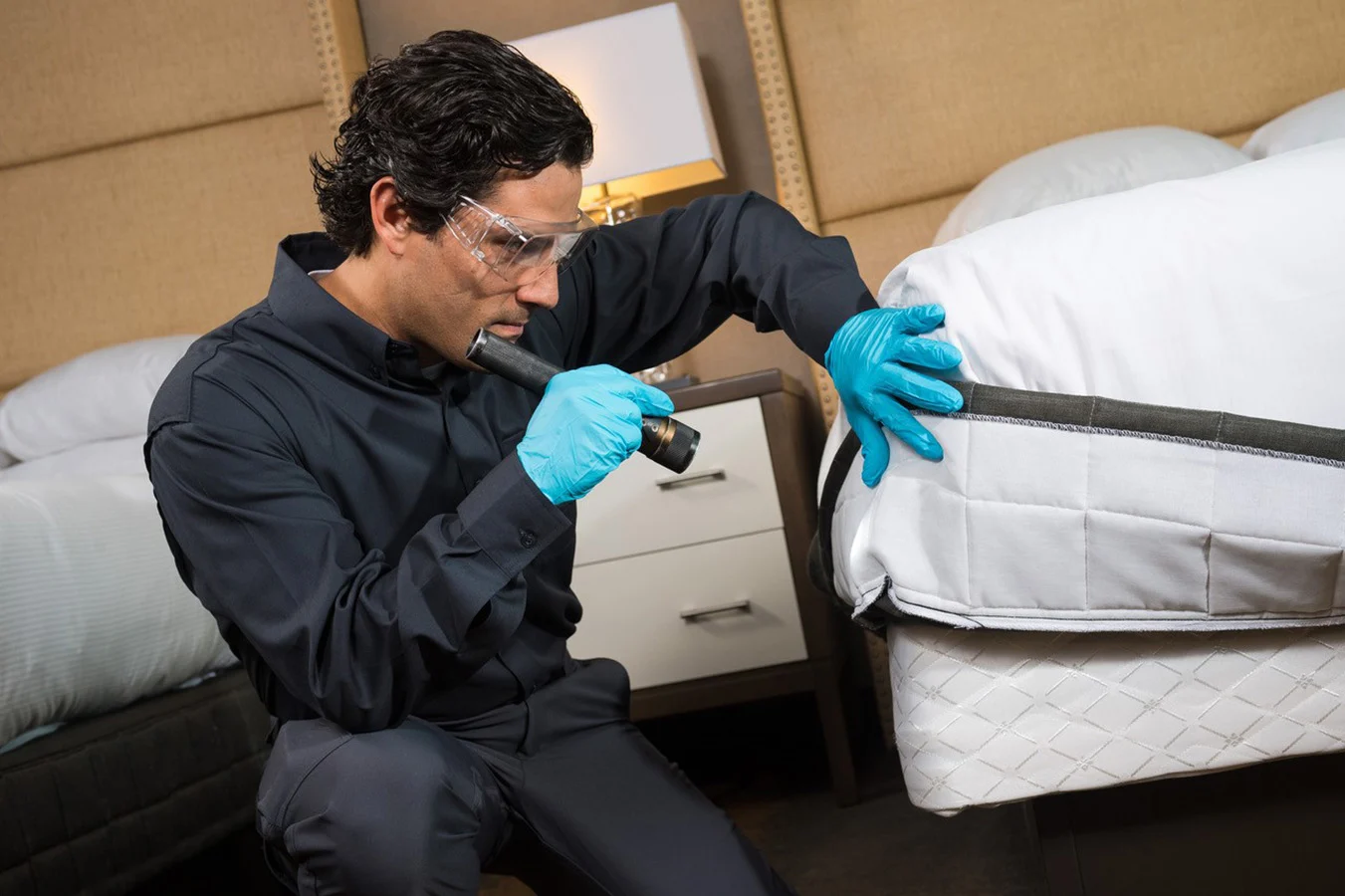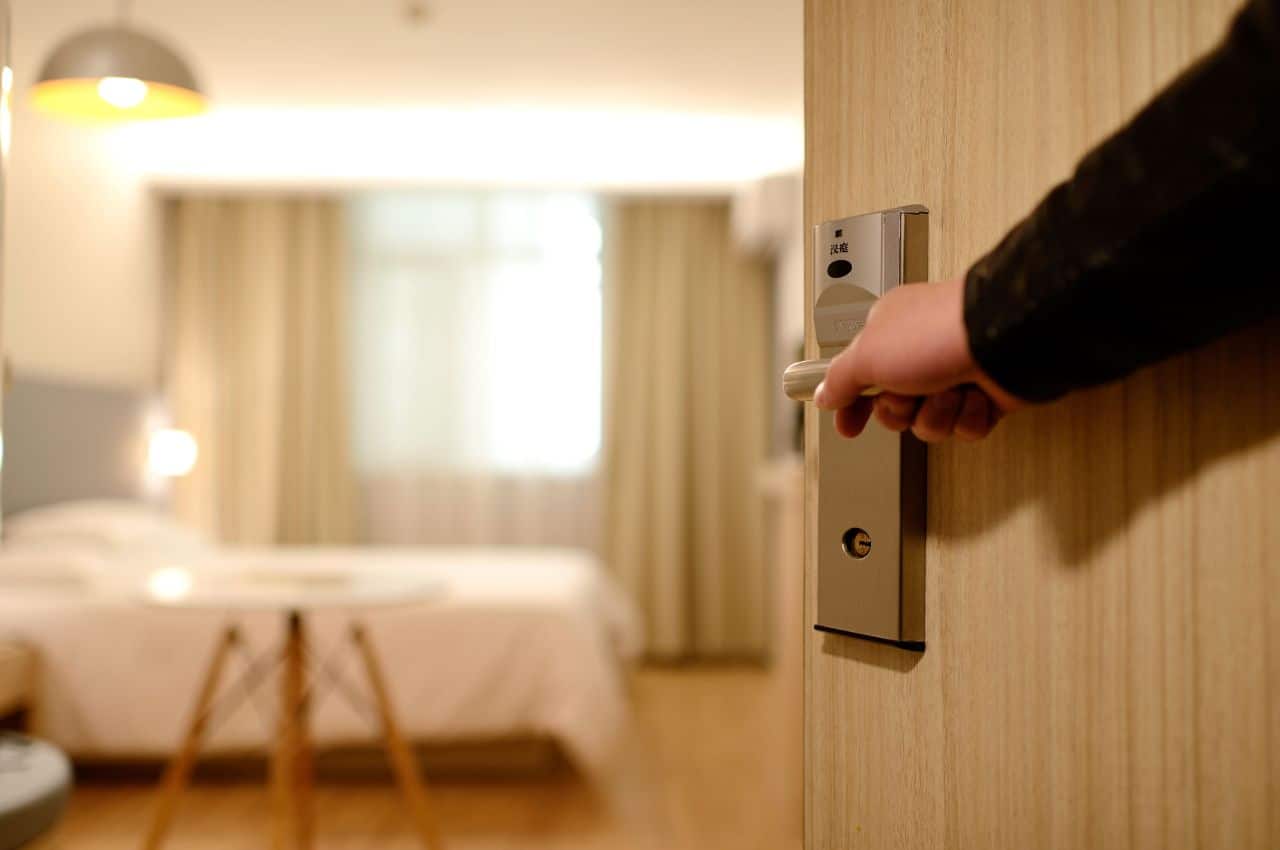In the competitive world of hospitality, maintaining a pristine environment is paramount. One of the underlying challenges hotels face is how to monitor pests discreetly without alarming guests. This delicate balance of ensuring guest comfort while effectively managing pests is crucial for reputation and business continuity.
Hotels need to implement strategies that are not only effective but also subtle. With the advancement in pest control technologies and methodologies, hoteliers now have various options to manage this challenge efficiently.

Understanding the Scope of Pest Issues in Hotels
Hotels, regardless of their size or star rating, are susceptible to pest problems. Common pests include rodents, cockroaches, bed bugs, and ants. These pests can cause significant damage not only to the hotel's reputation but also to its infrastructure. Understanding the scope of these issues is the first step in addressing them.
According to a study by PestShare, the most common pests found in hotels are bed bugs and cockroaches. This highlights the importance of having a comprehensive pest control strategy in place.
Technological Advancements in Pest Monitoring
The hospitality industry has embraced technology to enhance guest experiences, and pest control is no exception. Modern technologies such as infrared sensors, motion detectors, and smart traps are now being used to monitor pests discreetly. These technologies allow hotels to detect pest activities without the need for visible traps or chemicals.
For instance, smart traps can be placed in strategic locations and can send real-time data to the hotel's management system. This not only helps in early detection but also in maintaining records for compliance and audits. For more insights on how hotels align pest monitoring with sustainability goals, you can read this article.
Staff Training: A Key Component
While technology plays a significant role, human intervention is equally important. Training staff to recognize early signs of pest infestations and report them immediately can prevent a minor issue from escalating. Regular training sessions can ensure that all hotel staff are aware of the protocols and the importance of discreet pest management.
To understand how staff training improves pest monitoring, you might want to explore this resource.
Integrating Pest Control with Daily Operations
To effectively monitor and manage pests, hotels need to integrate pest control measures with their daily operations. This includes regular inspections, maintenance of hygiene standards, and collaboration with professional pest control services. Hotels should also have a clear action plan in case of an infestation.
For hotels preparing for surprise inspections, having a robust pest control strategy is crucial. Learn more about how hotels can prepare for such scenarios in this guide.
The Role of Professional Pest Control Services
Professional pest control services bring expertise and experience to the table. They can provide customized solutions tailored to the specific needs of a hotel. These services often use Integrated Pest Management (IPM) strategies, which focus on long-term prevention and minimal use of chemicals.
To delve deeper into the benefits of IPM, Orkin offers valuable insights.
Conclusion: Maintaining a Pest-Free Environment
In conclusion, how hotels monitor pests discreetly is a combination of technology, training, and professional services. By adopting a proactive approach, hotels can ensure a comfortable and safe environment for their guests.
For more information on pest control in the hotel industry, visit Sprague Pest Solutions.

FAQ
What are the most common pests found in hotels?
Bed bugs and cockroaches are the most common pests found in hotels. Regular monitoring and early detection are key to managing these pests effectively.
How does technology help in discreet pest monitoring?
Technology such as smart traps and motion detectors allows for real-time monitoring of pest activities without visible traps, ensuring discreet pest control.
Why is staff training important for pest control?
Staff training ensures that all employees are aware of the signs of pest infestations and the protocols to follow, allowing for early detection and management of potential issues.
